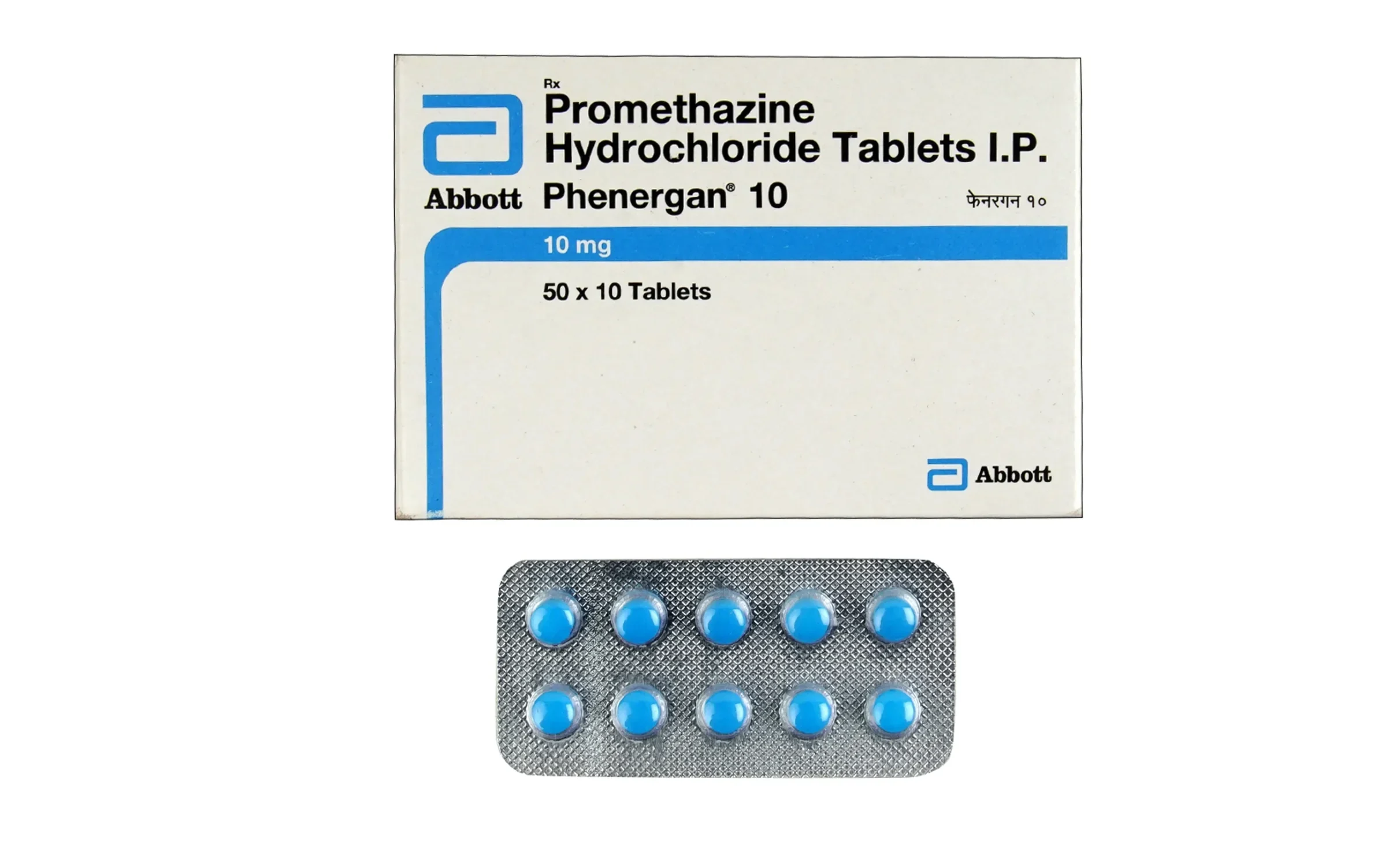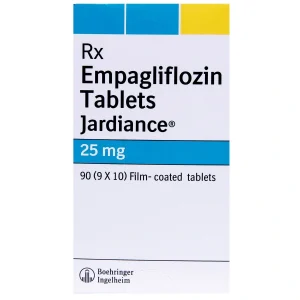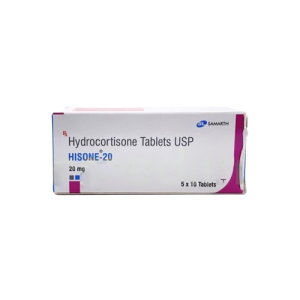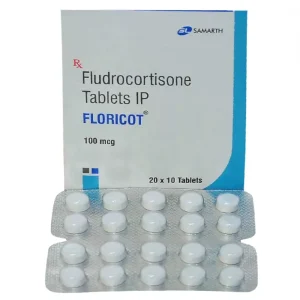Description
Promethazine 10 mg Tablets – Antihistamine & Anti-Nausea Relief
Promethazine 10 mg is a first-generation antihistamine used to relieve allergic symptoms, nausea and vomiting, motion sickness, and mild anxiety or insomnia. It works by blocking histamine receptors and has sedative properties, making it a multipurpose medication for both daytime and nighttime use.
Key Benefits:
- Relieves sneezing, itching, hives, and runny nose due to allergies
- Reduces nausea, vomiting, and dizziness from motion sickness or illness
- Used pre- or post-surgery for sedation and anti-nausea
- Can aid sleep in short-term insomnia when prescribed
- Affordable and effective generic alternative to Phenergan®
How to Use:
Take one tablet by mouth with or without food, as directed by your healthcare provider. For motion sickness, it is best taken 30–60 minutes before travel. Follow your doctor’s exact dosage for allergy, sedation, or nausea treatment.
Common Conditions Treated:
- Seasonal and perennial allergies
- Motion sickness and vertigo
- Nausea and vomiting (e.g., post-operative, pregnancy, medication-related)
- Sleep disturbances or anxiety (short-term use)
Precautions:
- May cause drowsiness — avoid driving or operating heavy machinery
- Not recommended for children under 2 years of age
- Avoid alcohol and other sedating substances while taking this medication
- Use with caution in elderly patients and those with breathing disorders, glaucoma, or urinary retention
- Consult your doctor if pregnant, breastfeeding, or taking other medications
Storage Instructions:
Store at room temperature below 25°C. Keep in a dry place, away from moisture and direct sunlight. Keep out of reach of children.
Frequently Asked Questions (FAQs)
1. What is Promethazine 10 mg used for?
It is used to treat allergic symptoms, nausea, vomiting, motion sickness, and sometimes for sedation or sleep assistance.
2. Is it safe for children?
Promethazine is not recommended for children under 2 due to serious breathing risks. Use in older children should be under a doctor’s guidance.
3. Can I take this for sleep?
Yes, some doctors prescribe Promethazine for short-term sleep aid due to its sedative effect. Do not self-medicate for insomnia.
4. How long does Promethazine last?
Its effects typically last 4–6 hours, but drowsiness may continue longer. Avoid activities that require alertness during this time.
5. Can I take it with alcohol?
No. Alcohol can intensify side effects like dizziness, drowsiness, and respiratory depression.
6. Does Promethazine treat anxiety?
It is not an approved treatment for anxiety, but may be used short-term for anxiety-related nausea or agitation under supervision.
7. Is Promethazine the same as Phenergan?
Yes. Phenergan is a brand name for Promethazine. Both contain the same active ingredient and work similarly.





